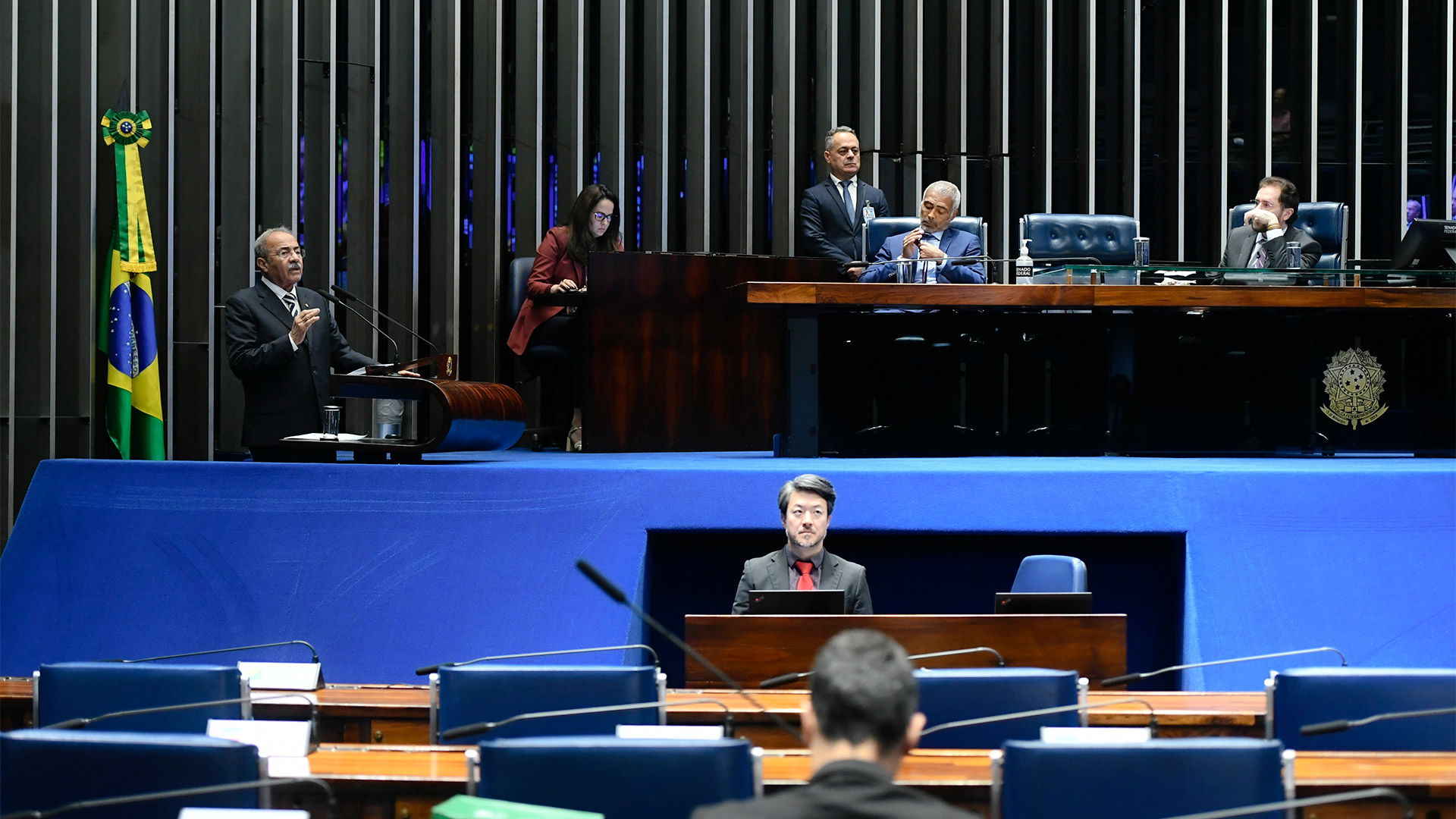Brazilian Senate postpones vote on gambling legalization bill

The Brazilian Senate has delayed a vote on a bill that would legalize land-based and online gambling, including casinos, bingos, horserace betting, online games, and the popular jogo do bicho.
Senate President Davi Alcolumbre pulled the bill from Tuesday’s agenda, citing low attendance and sharp disagreement among lawmakers, the Gambling Insider reported. “The quorum is very low - 56 senators. Due to a big divergence in opinion and the absence of Senators, I will officially remove this from today’s agenda.”
The bill, already approved by the lower house and the Senate’s Constitution and Justice Commission, now remains stalled.
Conservative senators oppose the bill, warning it could increase gambling addiction and organized crime. Supporters argue that regulation would bring economic benefits and help control illegal gambling.
“The main benefit of the bill is to allow contravention to move into a regulated framework, reducing possible links between gambling and organised crime,” Senator Irajá said.
Under the proposed legislation, only companies headquartered in Brazil would be allowed to operate, and all gambling activities would be confined to authorized locations. The bill would overturn a decades-old ban on games of chance established by a 1946 law.
Meanwhile, Finance Minister Fernando Haddad has called for stricter taxation on betting platforms, signaling the government’s intent to ensure a robust fiscal framework if the sector is formally legalized.
In June 2024, the Senate's Commission of Constitution and Justice (CCJ) approved the gambling legalization project by a narrow vote of 14 to 12, led by Senator Davi Alcolumbre, the Games Magazine Brasil reported. As CCJ president, Alcolumbre negotiated temporary replacements of two members to secure the necessary votes.
The proposal has backing from Minister of Tourism Celso Sabino (União Brasil) and centrist/pro-Lula parties such as União Brasil, PP, and PT. Opposition mostly came from Jair Bolsonaro’s PL party.
Several lawmakers from various parties publicly opposed the bill. PT senator Paulo Paim (RS) argued that the social cost of legal gambling would be too high, potentially contributing to family disintegration, addiction, and suicide. Senator Eliziane Gama (PSD-MA), an evangelical caucus member, also criticized it, citing the country’s existing problems with electronic gaming addiction.
Originally presented in 1991 to legalize the jogo do bicho, the bill has since expanded to include other forms of gambling: casinos in resorts and on ships, bingo halls, video bingo, and slot machines.
The current version excludes online betting, which was legalized in 2018 and regulated in 2023. The bill imposes taxes as follows: casinos would pay R$600,000 (US$110,023) every three months; jogo do bicho operators would pay R$20,000 (US$3,667) quarterly. Fixed-odds betting companies already pay between R$54,000 (US$9,902) and R$1.9 million (US$348,405) monthly, depending on the model.
Unlike online betting, which requires a R$30 million (US$$5.5 million) operating license, this bill does not require such a fee, the report added. Licenses vary by modality: five years for bettors, 30 years (renewable) for casinos, and 25 years for bingo operators.
A new tax, Cide-Jogos (a 17% economic intervention tax), would be levied on gross gambling revenue, with no deduction for prizes paid. For comparison, the federal government is considering raising the online betting tax from 12% to 18%.
The bill passed the Chamber of Deputies in 2022 (246–202) and was later approved by the full Senate without amendments. It now awaits President Lula’s final decision.
















